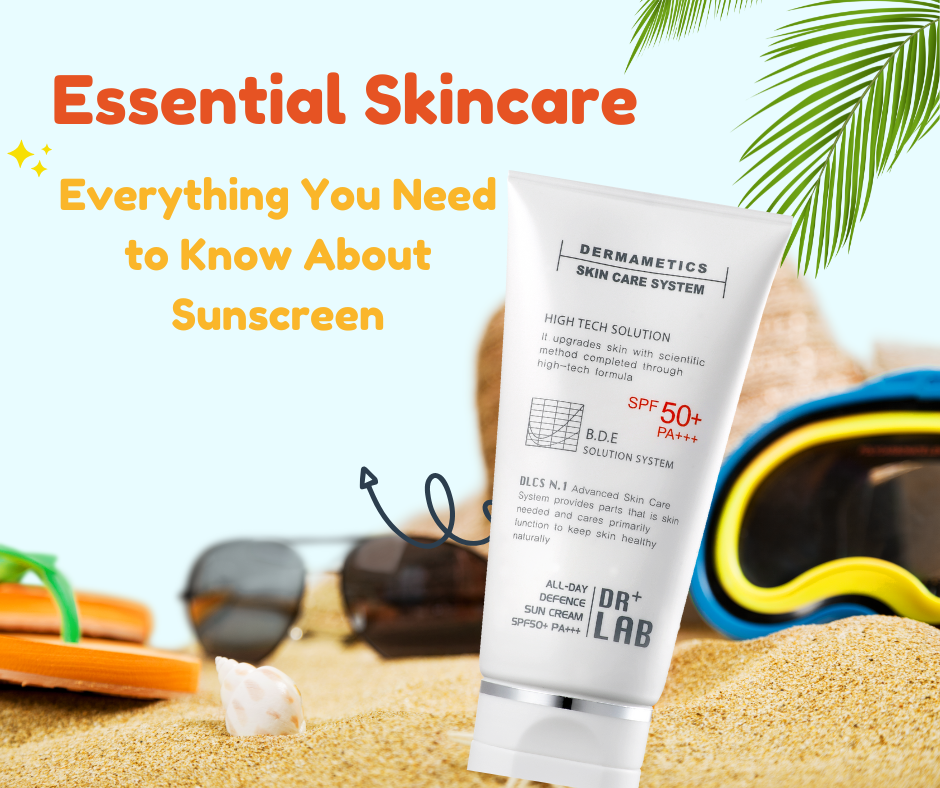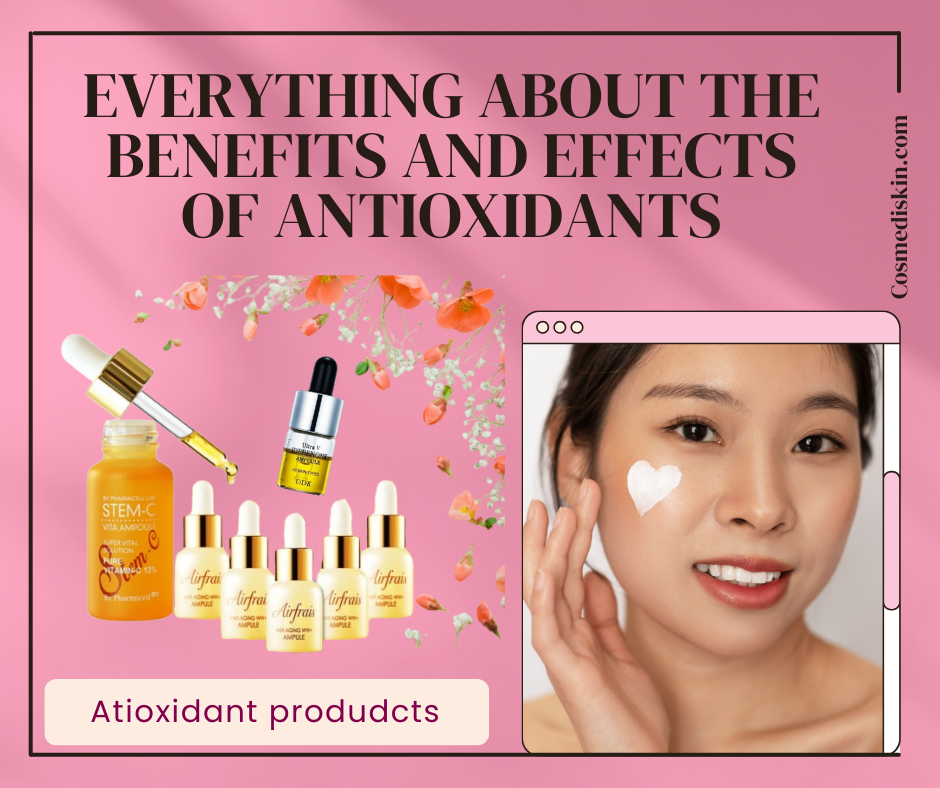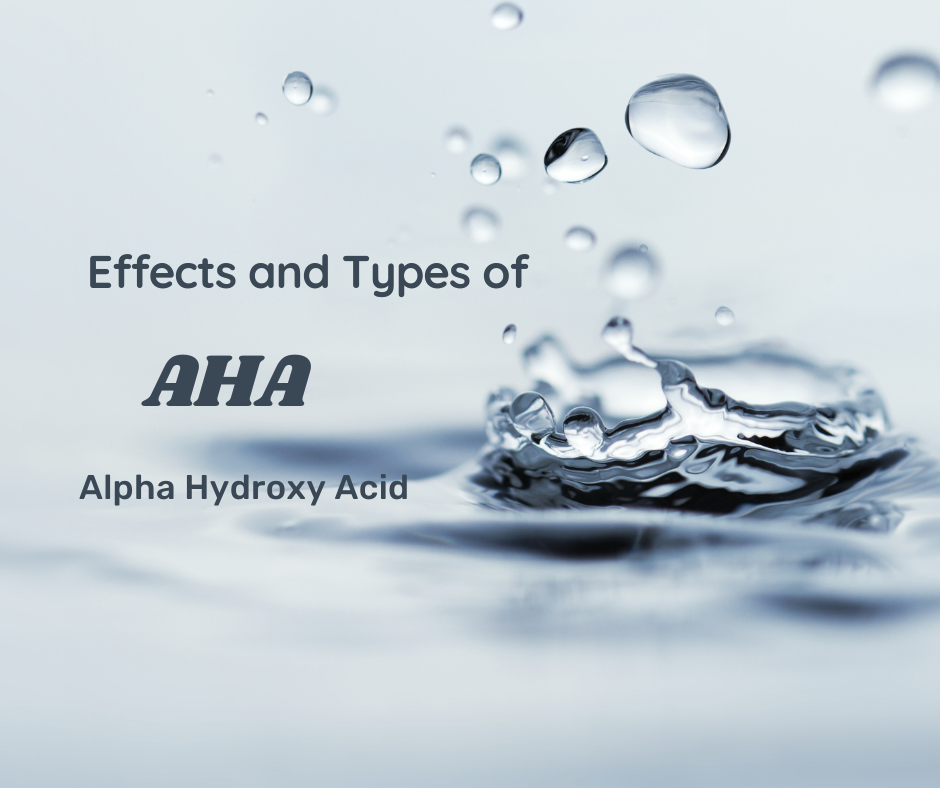Everything You Need to Know About Sunscreen"

How Long Does Sunscreen Last? Which Skincare Ingredients Should You Avoid?
Sunscreen is often recommended as an essential skincare product, but there are still many unanswered questions about it. How long does sunscreen last after application? What ingredients should you avoid in sunscreen? Paula’s Choice is here to answer these questions with science-backed research!
How Long Does Sunscreen Last?
The duration of sunscreen’s effectiveness depends on external factors. However, because all UV-blocking ingredients degrade with prolonged sun exposure, it is generally recommended to reapply sunscreen every two hours.
In the past, sunscreen effectiveness was measured by determining how long it took for unprotected skin to turn red in the sun, then multiplying that time by the SPF number.
However, SPF is affected not just by time but also by the intensity of UV exposure. Factors such as UVB strength, cloud cover, latitude, season, and reflection from surfaces like water, snow, or sand all play a role. Additionally, sweating, swimming, or touching your face can remove sunscreen, reducing its effectiveness. Because so many external factors influence sunscreen duration, reapplying every two hours is the safest approach.
That said, if you spend the entire day indoors and stay away from windows, you may not need to reapply sunscreen—assuming you’re not sweating excessively.
What Ingredients Should You Avoid in Sunscreen?
Since sunscreen is a daily necessity, it’s best to avoid products containing ingredients that may irritate the skin. Some of the most common irritants in sunscreen are high concentrations of alcohol (such as denatured alcohol or SD alcohol) and fragrances (both artificial and natural). These can weaken the skin barrier and cause sensitivity.
If you have sensitive skin, look for mineral sunscreens containing titanium dioxide and zinc oxide, as they are less likely to cause irritation.
Can Sunscreen Cause Acne?
Sunscreen itself doesn’t cause acne, but heavy formulations can clog pores if not properly removed, leading to breakouts.
For acne-prone skin, choose a lightweight, oil-free sunscreen with sebum-controlling ingredients. At night, use a gentle yet effective acne-fighting cleanser to remove sunscreen and excess oil from your pores.
Does Sunscreen Block Vitamin D Absorption?
While sunscreen does protect the skin from UVB rays—the same rays that trigger vitamin D production—this doesn’t mean you should skip sunscreen for vitamin D. Studies show that sunscreen has little impact on overall vitamin D levels. Surprisingly, prolonged sun exposure without sunscreen can actually suppress vitamin D production.
Additionally, exposing your skin to harmful UV rays can lead to severe long-term skin damage. Instead of risking sun exposure, you can maintain healthy vitamin D levels through diet by consuming dairy products, egg yolks, cheese, and seafood.
At What Age Can Babies Start Using Sunscreen?
The American Academy of Pediatrics recommends keeping infants under six months old out of direct sunlight by using protective clothing, hats, and shade. If sun exposure is unavoidable, apply a mineral-based sunscreen to small exposed areas like the face and hands.
From six months onward, babies should use sunscreen regularly. Since their skin is thinner and more delicate, consult a pediatrician before applying sunscreen if your child has allergies or high skin sensitivity.
Also, avoid spraying sunscreen directly onto a child’s face, as inhalation can be harmful. Instead, spray it onto your hands first, then gently apply it to their face.





